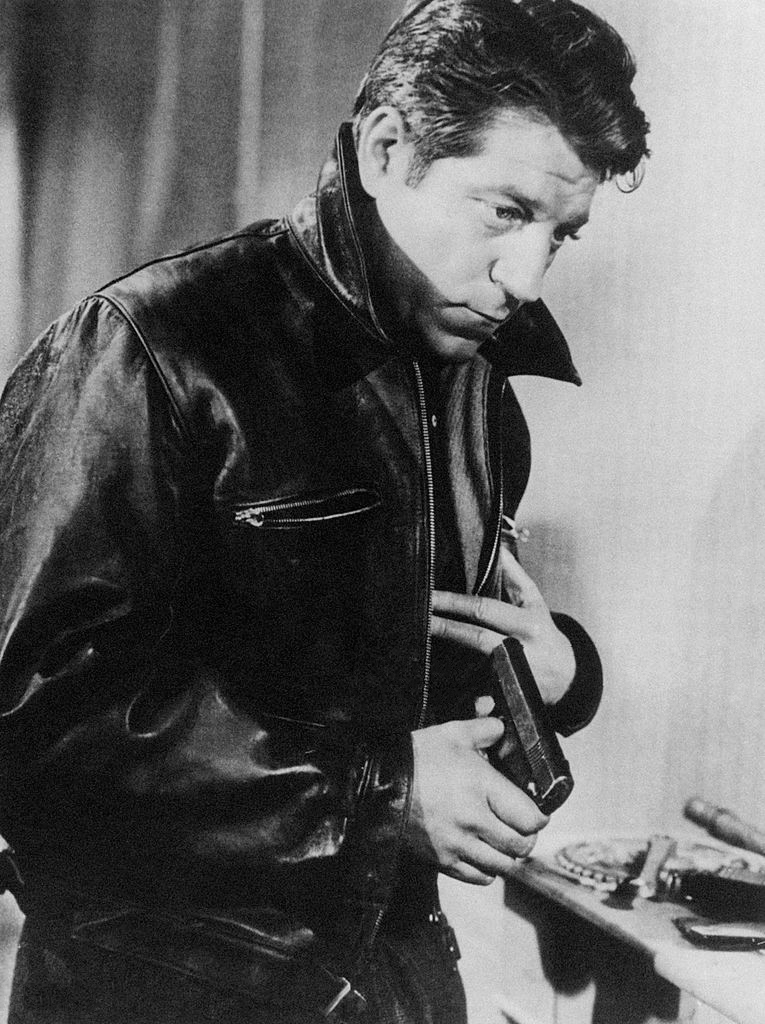|
Des Gens Sans Importance
''People of No Importance'' (french: Des gens sans importance) is a 1956 French drama film directed by Henri Verneuil. Set entirely among ordinary working people, it tells the story of an unhappily married long-distance lorry driver who starts an affair with a young waitress at a restaurant where he stops frequently, but tragedy intervenes. Plot Jean is a long-distance lorry driver whose usual run is from Paris, where he lives with his unsympathetic wife and children, to Bordeaux. A favourite stop is La Caravane, a roadside restaurant where he is attracted to Clo, a pretty and affectionate young woman who is estranged from her family and survives by waitressing. Anxious to be with him, she gives up her job and goes to Paris, where she finds work as a chambermaid in a sordid hotel used by prostitutes. She also finds that she is pregnant, which the hotel manager resolves by sending her for an illegal abortion. Jean meanwhile has been sacked, partly because his tachograph showed too m ... [...More Info...] [...Related Items...] OR: [Wikipedia] [Google] [Baidu] |
Henri Verneuil
Henri Verneuil (; born Ashot Malakian; 15 October 1920 – 11 January 2002) was a French-Armenian playwright and filmmaker, who made a successful career in France. He was nominated for Oscar and Palme d'Or awards, and won Locarno International Film Festival, Edgar Allan Poe Awards, French Legion of Honor, Golden Globe Award, French National Academy of Cinema and Honorary Cesar awards. According to one obituary: For exactly 40 years, the prolific Verneuil made movies as mainstream and commercial as any to be found in America or Britain. In his best period – the 1950s and 1960s – he delivered films in the "tradition of quality" so despised by the Nouvelle Vague. Many of them proved excellent vehicles for old-timers Jean Gabin and Fernandel, and newcomers such as Jean-Paul Belmondo and Alain Delon. Life and career Early life Verneuil was born Ashot Malakian ( hy, Աշոտ Մալաքեան) to Armenian parents in Rodosto, East Thrace, Turkey. In 1924, when Ashot was a little ch ... [...More Info...] [...Related Items...] OR: [Wikipedia] [Google] [Baidu] |
Jean Gabin
Jean Gabin (; 17 May 190415 November 1976) was a French actor and singer. Considered a key figure in French cinema, he starred in several classic films including ''Pépé le Moko'' (1937), ''La grande illusion'' (1937), ''Le Quai des brumes'' (1938), ''La bête humaine'' (1938), ''Le jour se lève'' (1939), and ''Le plaisir'' (1952). During his career he had twice won both the Silver Bear for Best Actor from the Berlin International Film Festival and the Volpi Cup for Best Actor from the Venice Film Festival respectively. Gabin was made a member of the Légion d'honneur in recognition of the important role he played in French cinema. Biography Early life Gabin was born Jean-Alexis Moncorgé in Paris, the son of Madeleine Petit and Ferdinand Moncorgé, a cafe owner and cabaret entertainer whose stage name was Gabin, which is a first name in French. He grew up in the village of Mériel in the Seine-et-Oise (now Val-d'Oise) département, about 22 mi (35 km) north of Par ... [...More Info...] [...Related Items...] OR: [Wikipedia] [Google] [Baidu] |
Françoise Arnoul
Françoise Arnoul (born Françoise Annette Marie Mathilde Gautsch; 3 June 1931 – 20 July 2021) was a French actress, who achieved popularity during the 1950s. Early life Born in Constantine, French Algeria, as the daughter of stage actress Janine Henry and artillery general Charles Gautsch, she had two brothers. While her father continued military service in Morocco, the rest of the family moved to Paris, France, in 1945. Career After learning drama in Paris, she was noticed by director Willy Rozier, who offered her a major role in the film ''L'Épave'' (1949). Arnoul starred in such films as Henri Verneuil's ''Forbidden Fruit'' (1952), Jean Renoir's ''French Cancan'' (1954), '' People of No Importance'' (1956) with Jean Gabin, Henri Decoin's '' The Cat'' (1958), '' Way of Youth'' (1959) with Bourvil, and Jean Cocteau's ''Testament of Orpheus'' (1960). Her American film debut came in ''Companions of the Night'' (1954). Later in life, she moved into television, app ... [...More Info...] [...Related Items...] OR: [Wikipedia] [Google] [Baidu] |
